38 chloroplast diagram with label
PHSchool.com Retirement–Prentice Hall–Savvas Learning … VerkkoPHSchool.com was retired due to Adobe’s decision to stop supporting Flash in 2020. Please contact Savvas Learning Company for product support. Schematic diagram of the experiment set-up. For intensity ... Download scientific diagram | Schematic diagram of the experiment set-up. For intensity measurement, both backward and forward channels are used to detect 2PF and SHG signals, respectively. For ...
Cell (biology) - Wikipedia VerkkoCell shapes. Cell shape, also called cell morphology, has been hypothesized to form from the arrangement and movement of the cytoskeleton. Many advancements in the study of cell morphology come from studying simple bacteria such as Staphylococcus aureus, E. coli, and B. subtilis. Different cell shapes have been found and described, but how and …
Chloroplast diagram with label
Introduction to the Cyanobacteria - University of California … VerkkoIntroduction to the Cyanobacteria. Architects of earth's atmosphere. Cyanobacteria are aquatic and photosynthetic, that is, they live in the water, and can manufacture their own food.Because they are bacteria, they are quite small and usually unicellular, though they often grow in colonies large enough to see. Lifestyle | Daily Life | News | The Sydney Morning Herald The latest Lifestyle | Daily Life news, tips, opinion and advice from The Sydney Morning Herald covering life and relationships, beauty, fashion, health & wellbeing Join LiveJournal VerkkoPassword requirements: 6 to 30 characters long; ASCII characters only (characters found on a standard US keyboard); must contain at least 4 different symbols;
Chloroplast diagram with label. Interactive Eukaryotic Cell Model VerkkoSecretory Vesicle: Cell secretions - e.g. hormones, neurotransmitters - are packaged in secretory vesicles at the Golgi apparatus.The secretory vesicles are then transported to the cell surface for release. Cell Membrane: Every cell is enclosed in a membrane, a double layer of phospholipids (lipid bilayer).The exposed heads of the bilayer are … Solvent - Wikipedia VerkkoA solvent (s) (from the Latin solvō, "loosen, untie, solve") is a substance that dissolves a solute, resulting in a solution.A solvent is usually a liquid but can also be a solid, a gas, or a supercritical fluid.Water is a solvent for polar molecules and the most common solvent used by living things; all the ions and proteins in a cell are dissolved in water within the … Interactive Cell Models VerkkoThis introduction to the structure of plant, animal and bacterial cells is accomplished with mobile-friendly interactive animations and descriptive text. Effect of salt-alkaline soil improvement on net photo- Download scientific diagram | Effect of salt-alkaline soil improvement on net photo- from publication: Effect of inland salt-alkaline stress on C4 enzymes, pigments, antioxidant enzymes, and ...
Introduction to Cells: The Grand Cell Tour - YouTube VerkkoCompares and contrasts prokaryote cells and eukaryote cells before exploring organelle structures and functions! Video includes the modern cell theory and p... Introduction to Cells - YouTube This HD dramatic video choreographed to powerful music introduces the viewer/student to the wonder and miracle of cells. It is designed as a motivational "tr... Genomic DNA - Wikipedia VerkkoGenomic deoxyribonucleic acid (abbreviated as gDNA) is chromosomal DNA, in contrast to extra-chromosomal DNAs like plasmids.Most organisms have the same genomic DNA in every cell; however, only certain genes are active in each cell to allow for cell function and differentiation within the body.. The genome of an organism (encoded by the … Genome - Wikipedia VerkkoIn the fields of molecular biology and genetics, a genome is all the genetic information of an organism. It consists of nucleotide sequences of DNA (or RNA in RNA viruses).The nuclear genome includes protein-coding genes and non-coding genes, other functional regions of the genome such as regulatory sequences (see non-coding DNA), and …
Life Sciences Grade 12 Textbook.pdf - Course Hero Activity 1: DNA The diagram on the next page shows part of a DNA molecule. 1. Label parts 1, 2 and 3 (3) 2. Give the number of nucleotides shown in the diagram (1) 3. Name two places in an animal cell where this nucleic acid may be found. (2) 4. What is the natural shape of this molecule? (1) 5. Draw a nucleotide with the nitrogenous base adenine. Join LiveJournal VerkkoPassword requirements: 6 to 30 characters long; ASCII characters only (characters found on a standard US keyboard); must contain at least 4 different symbols; Lifestyle | Daily Life | News | The Sydney Morning Herald The latest Lifestyle | Daily Life news, tips, opinion and advice from The Sydney Morning Herald covering life and relationships, beauty, fashion, health & wellbeing Introduction to the Cyanobacteria - University of California … VerkkoIntroduction to the Cyanobacteria. Architects of earth's atmosphere. Cyanobacteria are aquatic and photosynthetic, that is, they live in the water, and can manufacture their own food.Because they are bacteria, they are quite small and usually unicellular, though they often grow in colonies large enough to see.

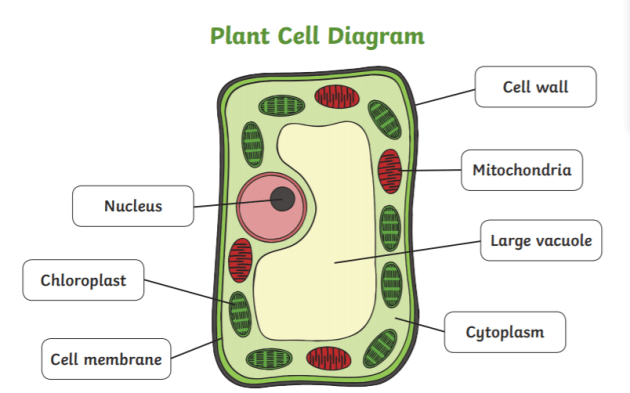

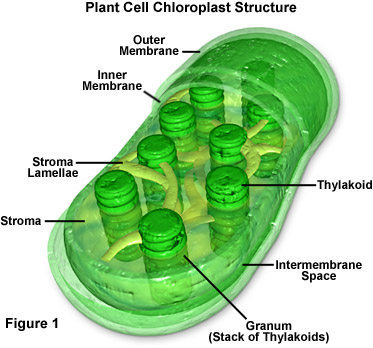


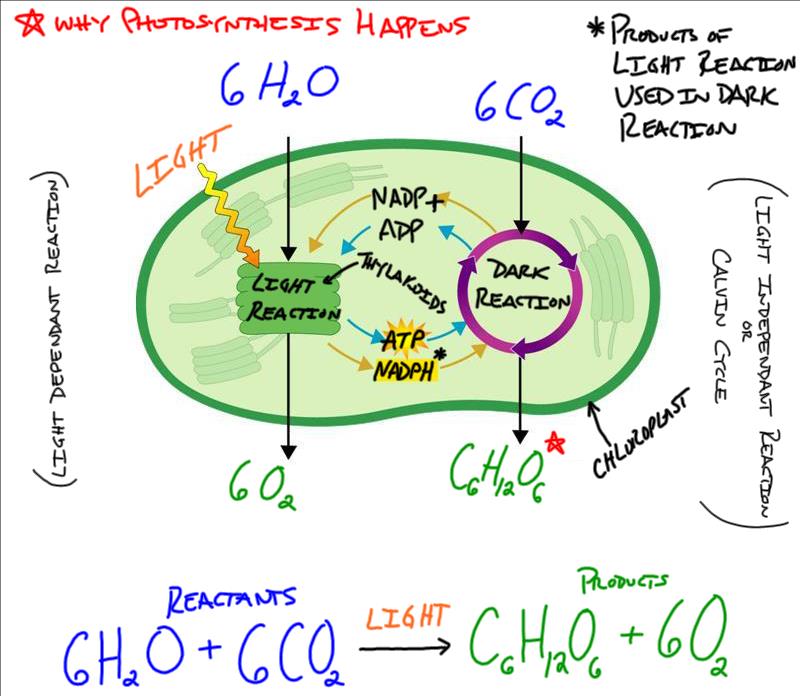
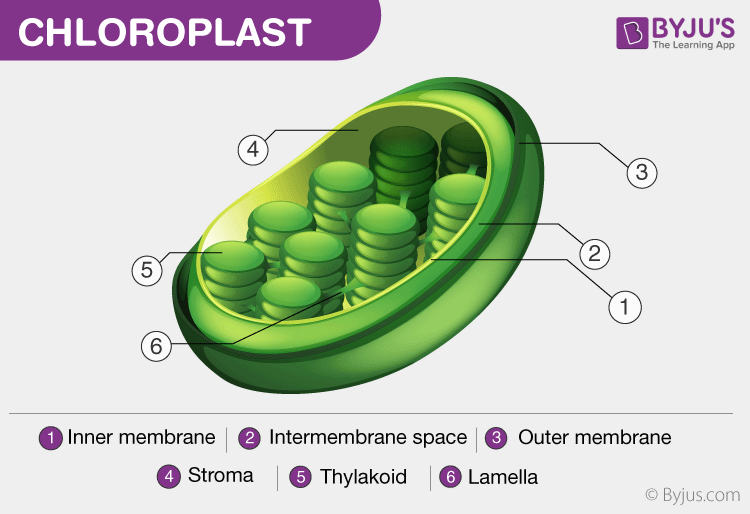



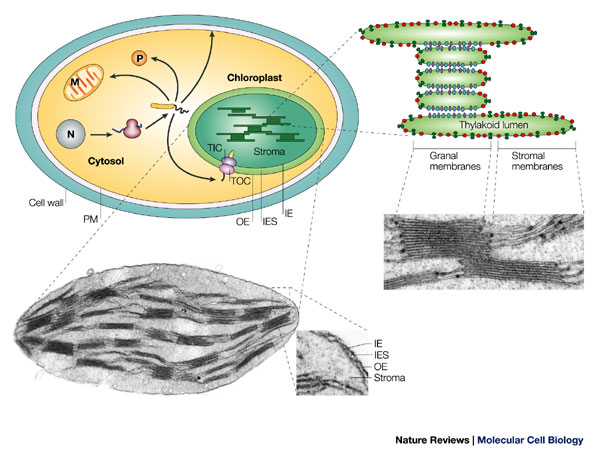
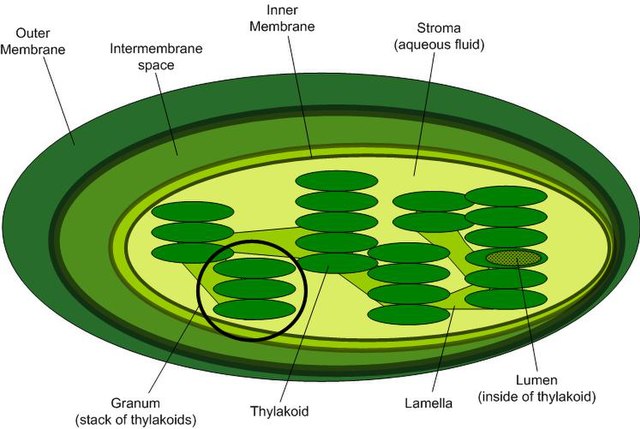

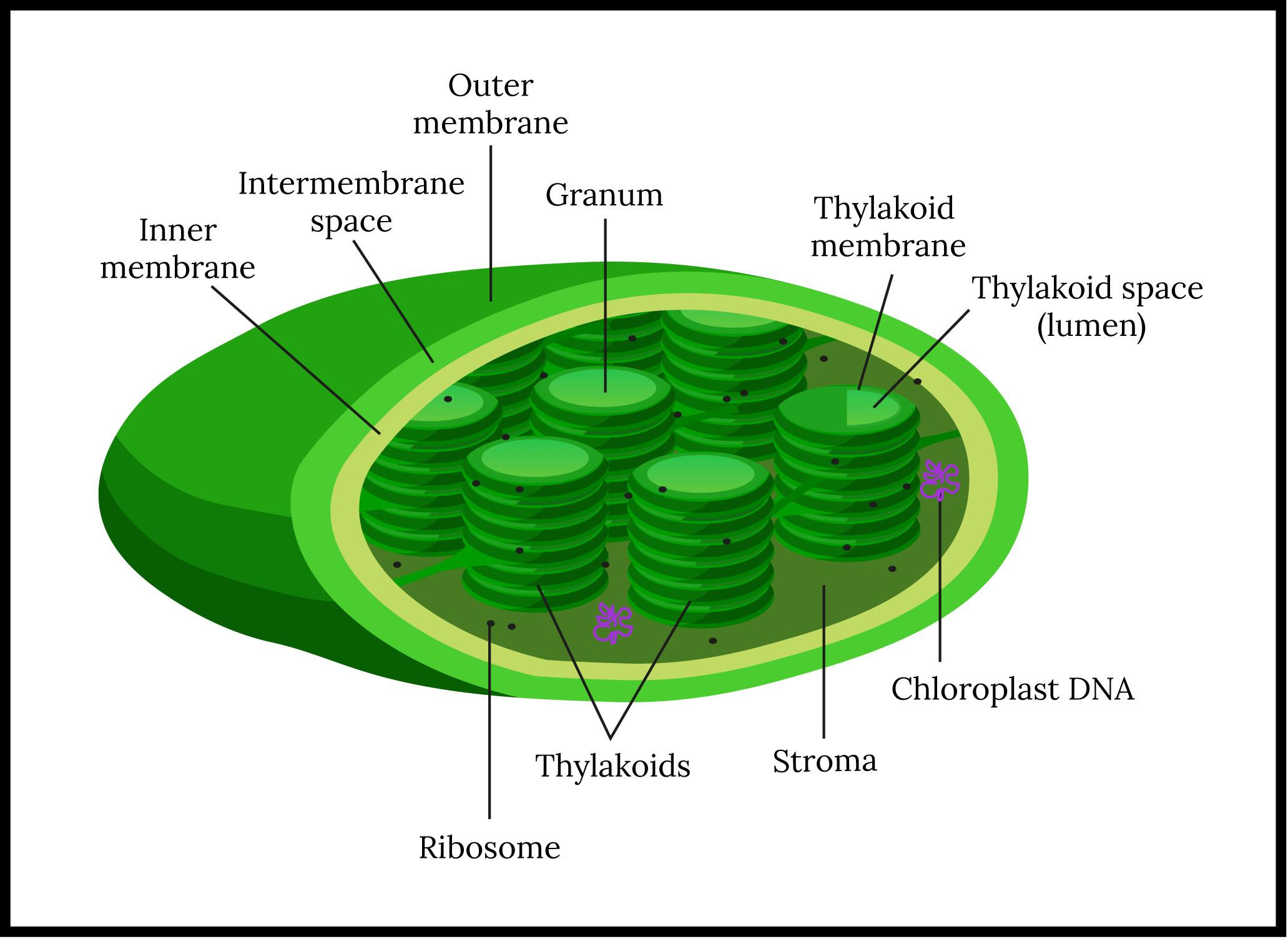


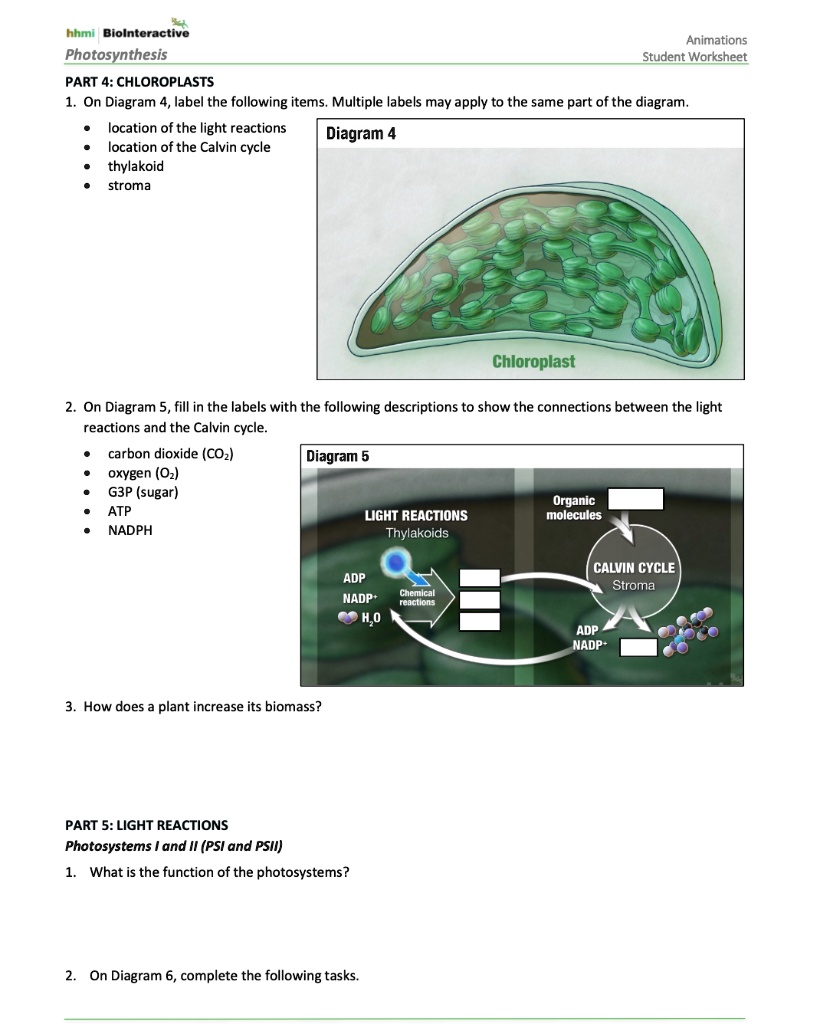
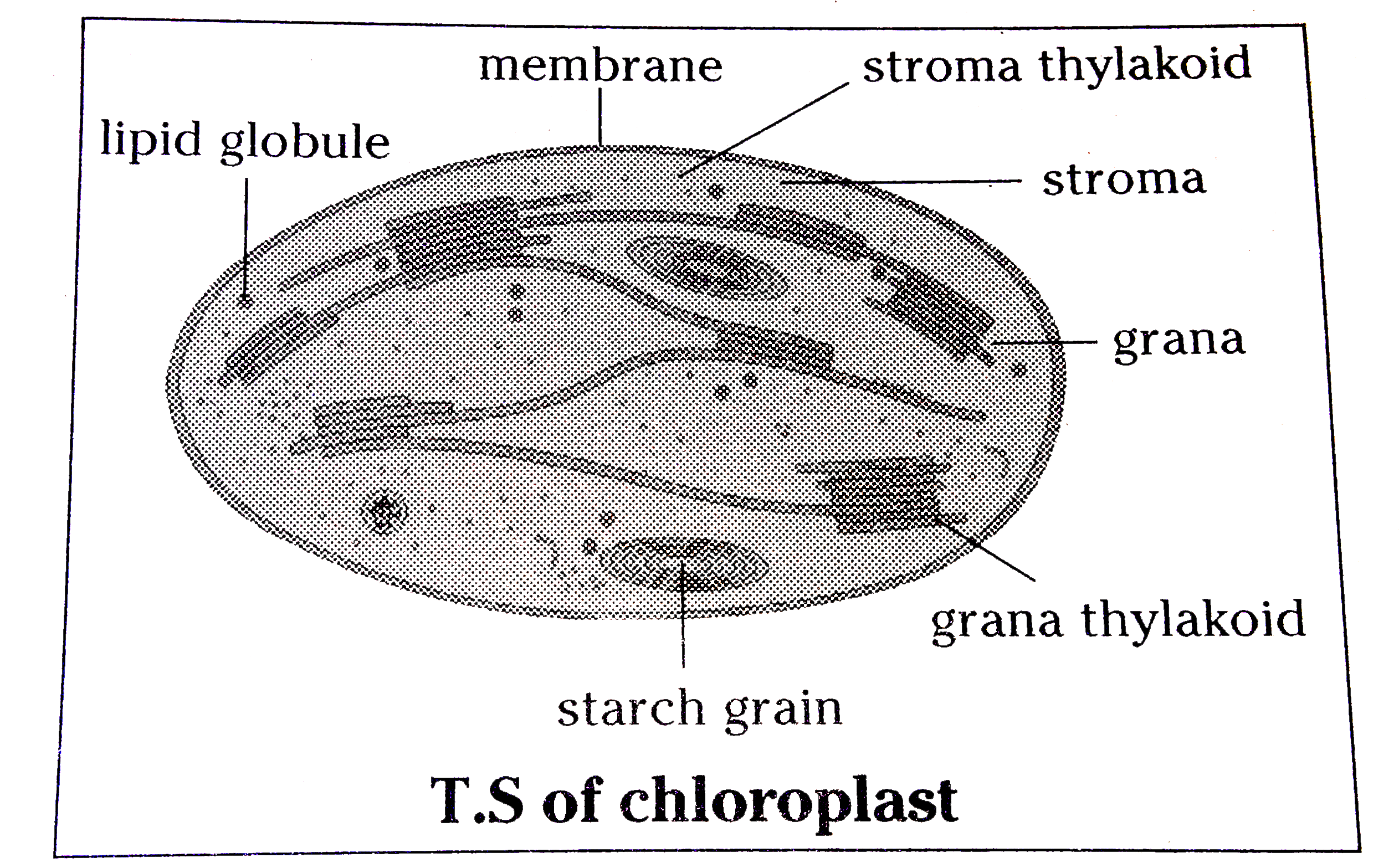
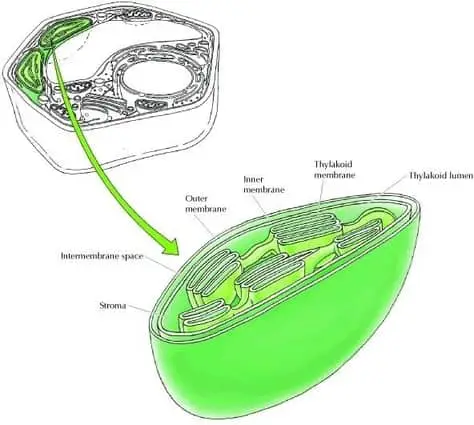





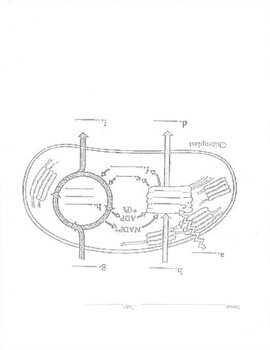
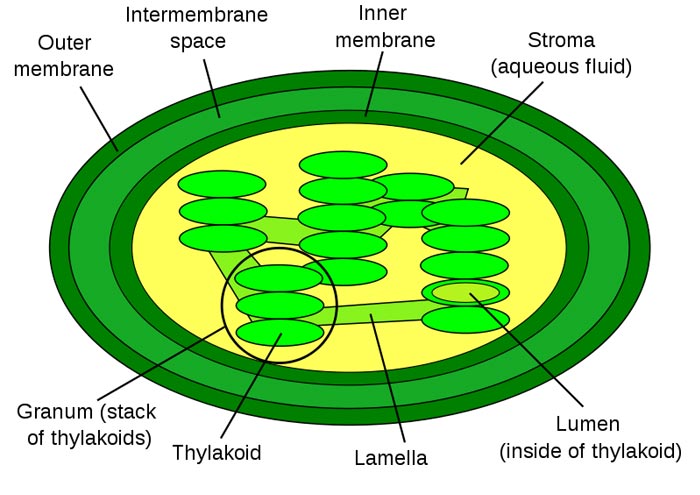
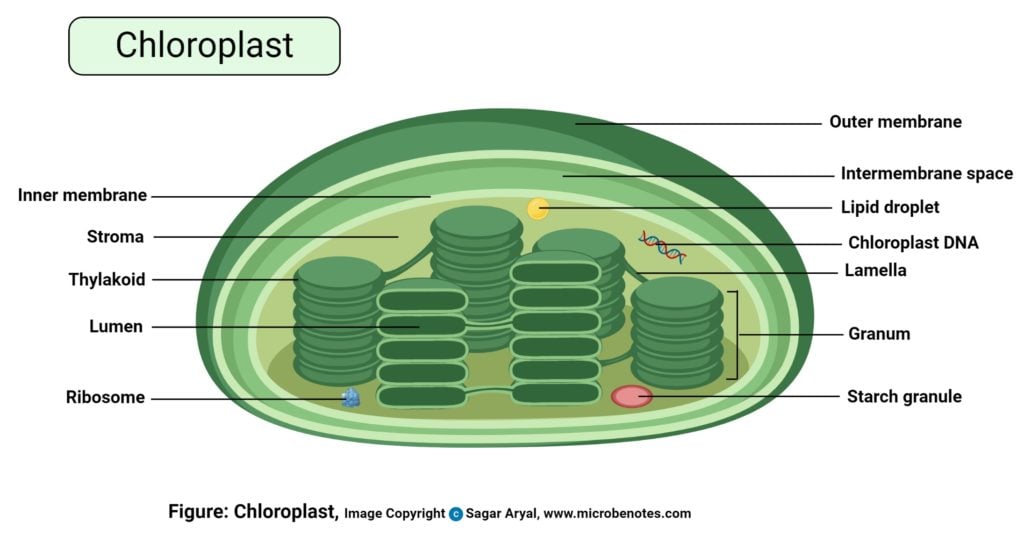
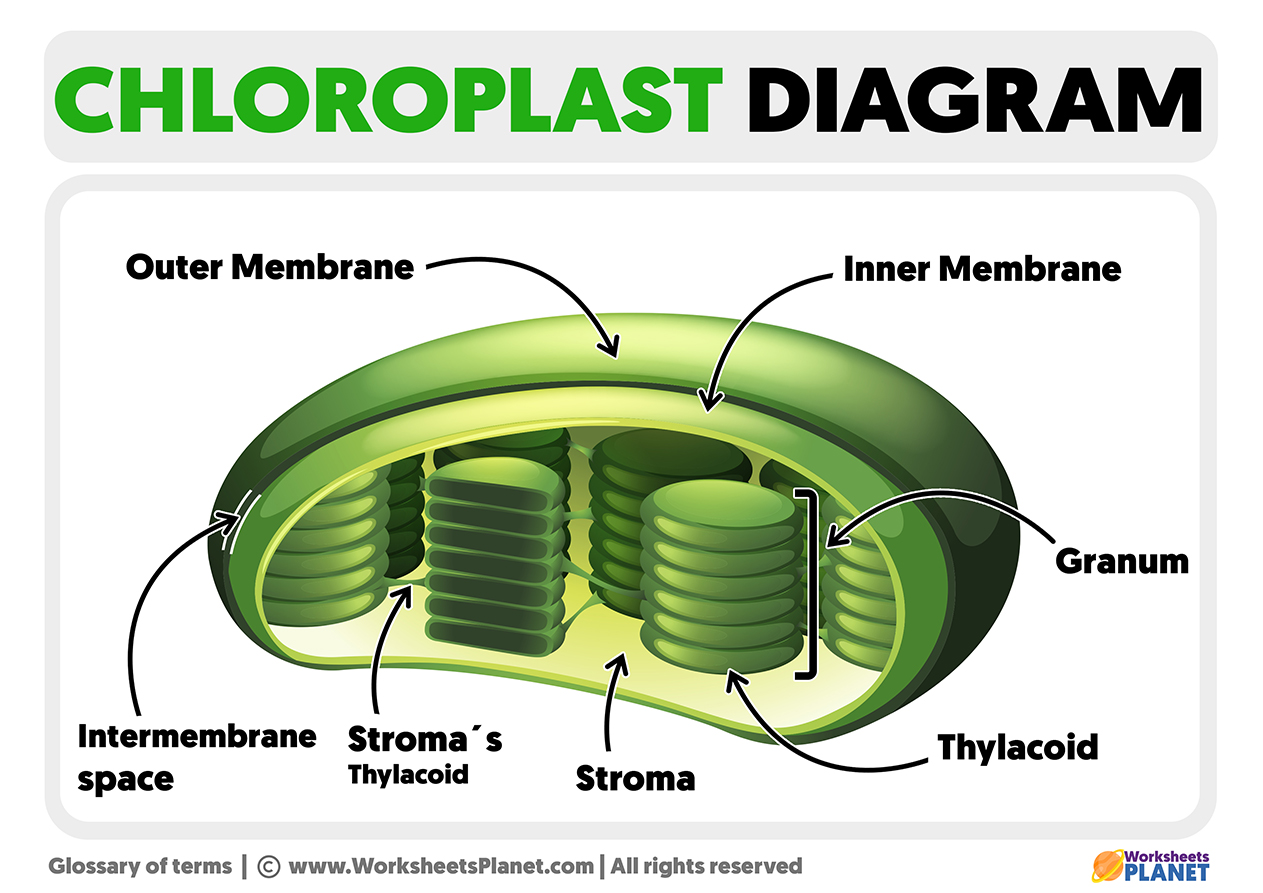




Komentar
Posting Komentar